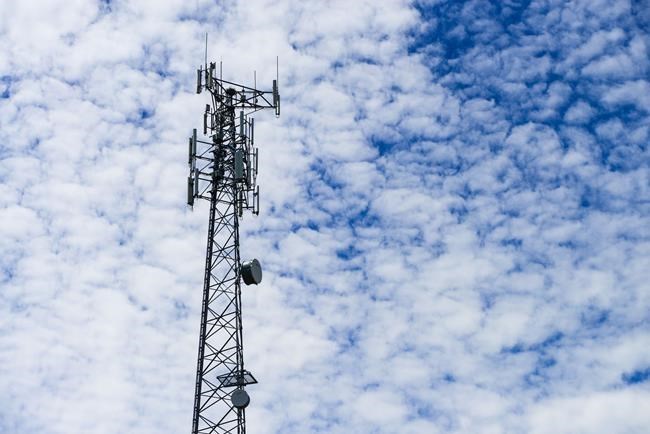Ottawa unveiled a new licensing policy intended to make it easier for small internet service providers and rural, remote and Indigenous communities to access 5G spectrum licences.
Industry Minister François-Philippe Champagne said the framework will provide a broad range of users, including businesses and industries, with the opportunity to acquire spectrum licences in localized areas across the country.
The framework designates 80 megahertz of spectrum for shared use through non-competitive local licensing. That means qualifying users can purchase one-year licences for a nominal fee without having to go through an auction, whereas major telecom providers traditionally pay billions of dollars for 20-year licence periods.
"It means that these rural ISPs aren't competing against the big carriers, whether they're the regionals or the national carrier," said telecommunications consultant Mark Goldberg.
"It's basically going to enable more of these smaller deployments, more regional deployments."
Users could potentially benefit from improved connectivity in areas as small as a single farm, according to Innovation, Science and Economic Development Canada (ISED). For example, a farm could use the spectrum it acquires for a private network to bolster automated operations such as crop tracking or product traceability.
"Whether it's on farms, in factories, on university campuses or in hospitals, new wireless technologies are enabling exciting innovations across our economy," Champagne said in a press release.
"That's why our government is making access to 5G spectrum easier to ensure that Canadians, especially those in rural and remote parts of our country, can benefit from these emerging technologies."
Last June, ISED launched a licensing framework consultation with the goal of promoting competition and innovation in the lead-up to a spectrum auction planned for 2024.
ISED said it is working to implement the new framework for users by next year.
"It's really helping to transition more sectors of the economy into a digital environment and take advantage of all of the additional information that can be gathered," said Goldberg.
"It's a real important development to help smaller internet service providers and rural connectivity, but it's also showing greater flexibility from the department in the way spectrum is assigned."
This report by The Canadian Press was first published May 3, 2023.
Sammy Hudes, The Canadian Press




